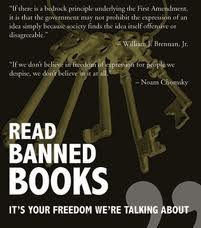Those of you that have inhabited Ashland for longer than a few years may remember a pleasant bookstore wedged down the alley next to the Varsity Theater in downtown Ashland. Although that shop has closed its doors, owner Judi Honore has not left Ashland or the book business.

Her new store, Shakespeare Books and Antiques, snuggly located between Ashland Bakery and the Running store downtown is lively and overflowing with numerous book options for all ages. Upon walking through the front doors, customers see books lining the walls of the store and popping out at them–classics, poetry, children books and even a two-dollar paperback section; you name it, Judi probably has it shelved somewhere in her shop.
I have known Judi for almost five years. She frequents the small cafe I work at daily. Judi’s generosity is indescribable. Half of my book collection has come from Judi. Whenever I would stop in to say hello, I found myself scanning the books, often leaving with books that were purchased and others that Judi gave to me. She has provided me with familiar classics like Out of Africa. She also has quenched my thirst for history, supplying me with an endless amount of history books.
An interesting part of Judi’s store that is unique to only Shakespeare Books and Antiques is her section of “banned books.” All the brilliant pieces of literature that we were “forced” to read in high school from To Kill a Mockingbird to Catcher and the Rye can be found in a special section designed to highlight these unforgettable works and their special history. It is truly enjoyable to simply scan this section and wander down literary memory lane. She also has classics for newer generations to experience and best sellers/new releases both new and used. Her books are priced fairly, allowing college students trying to pinch a pretty penny to adventure through new works of literature.
If you have not sorted through the many shelves, put it on your to-do list. I promise you will find yourself lost in the endless book titles that nip at your desire for good literature. If my promise falls flat, you are more than welcome to swing by my house and look through Judi’s other collection, Part 2.

 Follow
Follow What’s new in Literary Ashland?
What’s new in Literary Ashland?